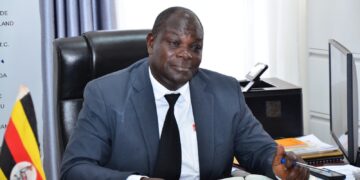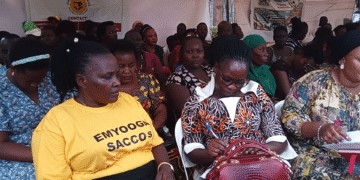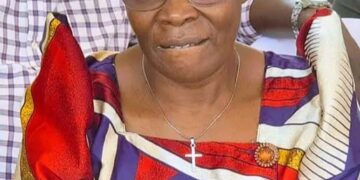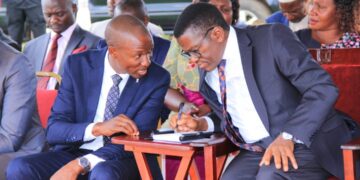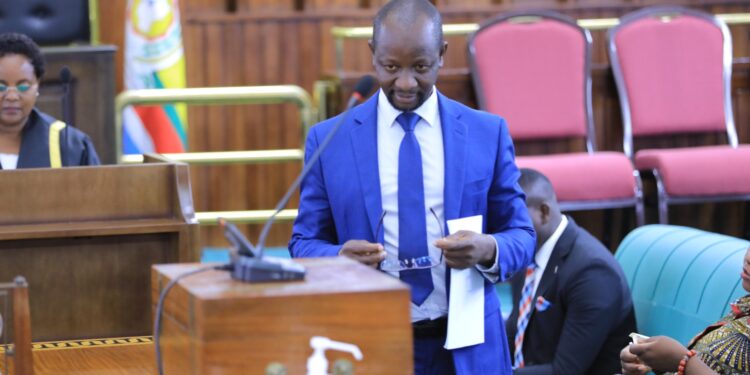Eight Members of Parliament have officially crossed the floor from the Forum for Democratic Change (FDC) to the newly formed People’s Front for Freedom (PFF), a move that signals deepening rifts within Uganda’s opposition ranks.
The announcement was made by Speaker of Parliament Annet Anita Among during a special sitting at Kololo Independence Grounds on Thursday, held ahead of the 2025/2026 national budget reading.
Speaker Among confirmed receiving formal notifications from the defecting MPs, marking one of the most significant realignments in recent parliamentary history.
Among the high-profile defectors is Kira Municipality MP Ibrahim Semujju Nganda, a vocal FDC figure and former party spokesperson.
He is joined by Asinansi Nyakato (Hoima District Woman MP), Dr. Nicholas Kamara (Kabale Municipality), Katusabe Atkins Godfrey (Bukonjo County West), and Francis Mwijukye (Buhweju County).
Others are Moses Kabusu (Kyamuswa County), Harold Muhindo (Bukhozo East), and Betty Aol Ochan, the former Leader of the Opposition in Parliament.
Their defection comes amid growing discontent within the FDC, fueled by internal wrangles and allegations that some senior party leaders received covert financial support from President Yoweri Museveni.
The accusations have fractured the party, prompting a significant faction, loyal to long-time opposition figure Dr. Kizza Besigye, to align with the emergent PFF.
In a further blow to the FDC, Kilak North MP Akol Anthony and Ongiertho Emmanuel of Jonam County have also left the party to join the ruling National Resistance Movement (NRM), underlining the depth of the crisis facing one of Uganda’s key opposition parties.
The exodus leaves the FDC as the biggest loser in terms of parliamentary representation, with ten MPs abandoning the party in recent weeks.
In contrast, the PFF now positions itself as a growing force in opposition politics, emerging as the largest recipient of defectors so far.
While Uganda’s Constitution under Article 83 states that MPs may lose their seats upon voluntarily leaving the party under which they were elected, a legal exception allows such changes in allegiance within the final year before a general election.
With the next polls just months away, the latest defections are constitutionally shielded and politically strategic.
The mass realignment reflects broader shifts ahead of the 2026 general election, as parties reposition and coalitions take shape in a rapidly evolving political landscape.


